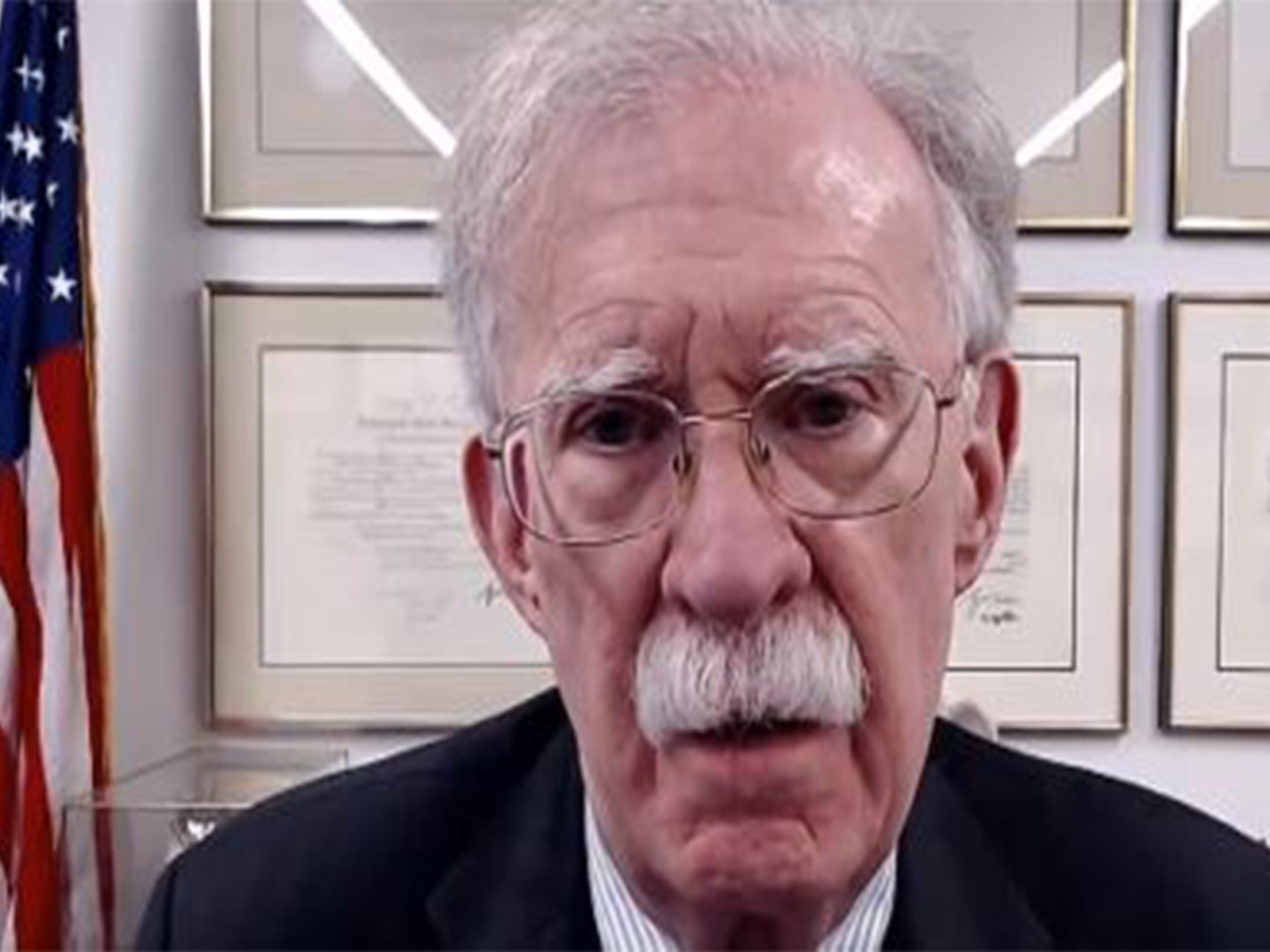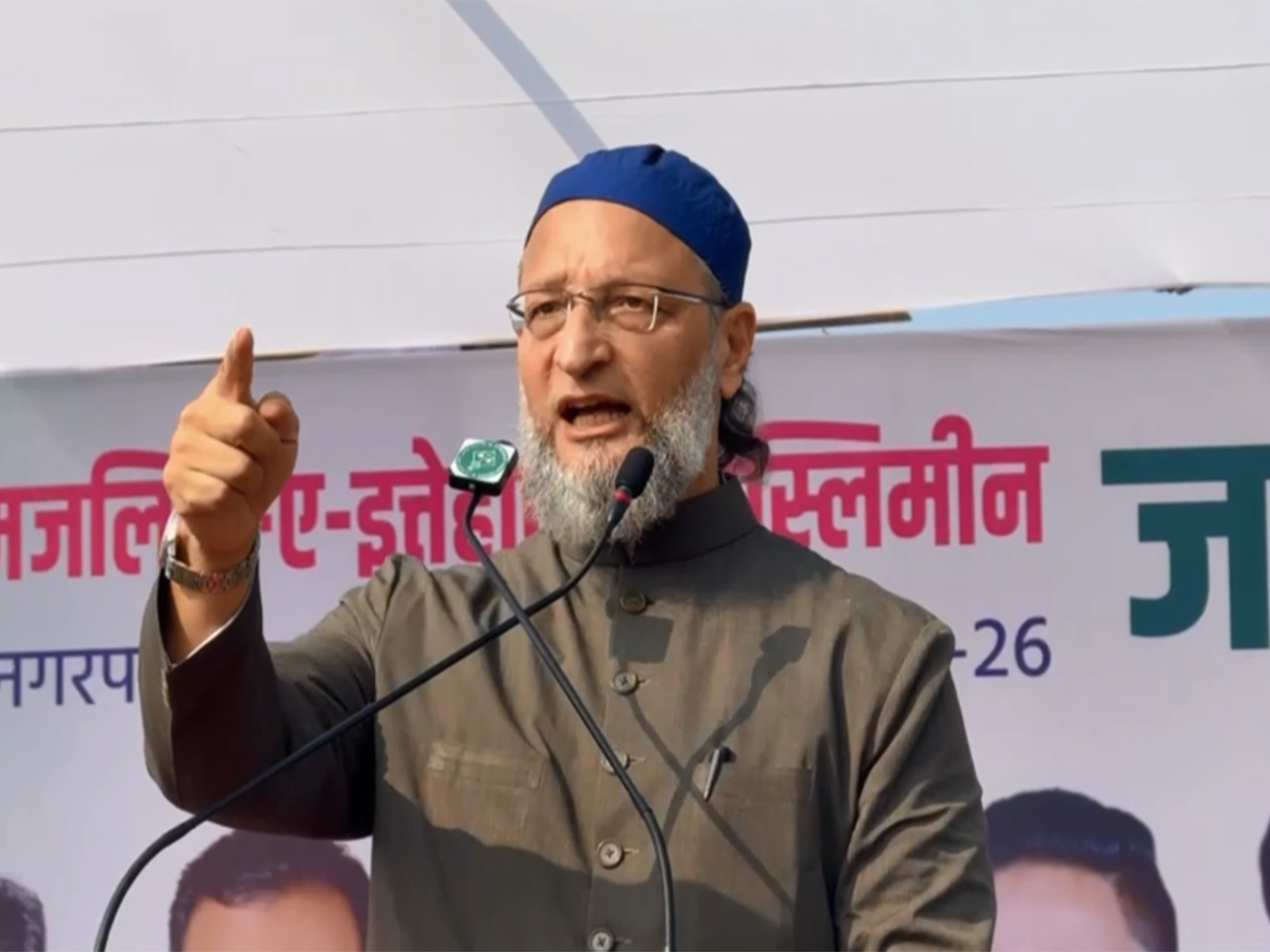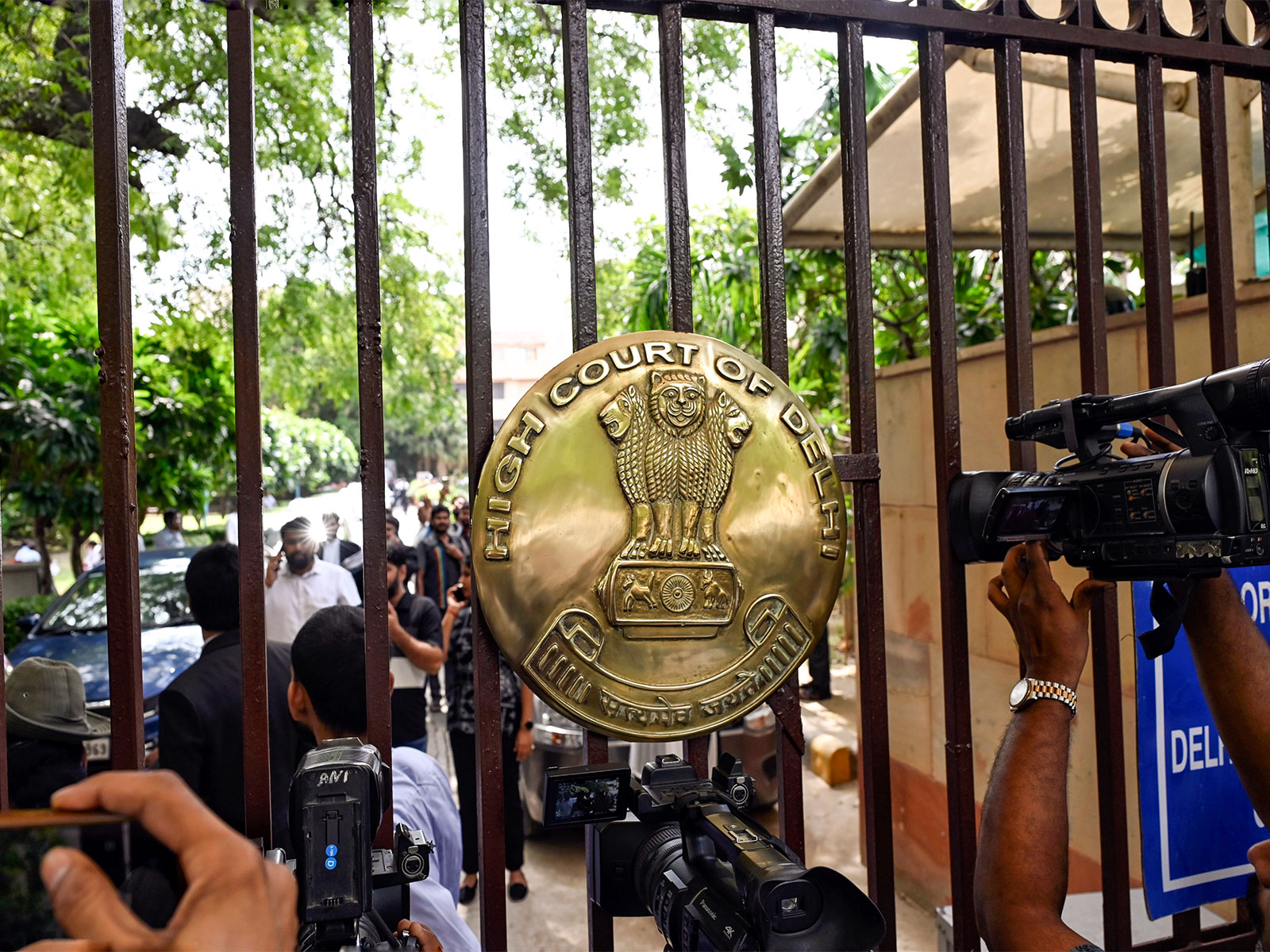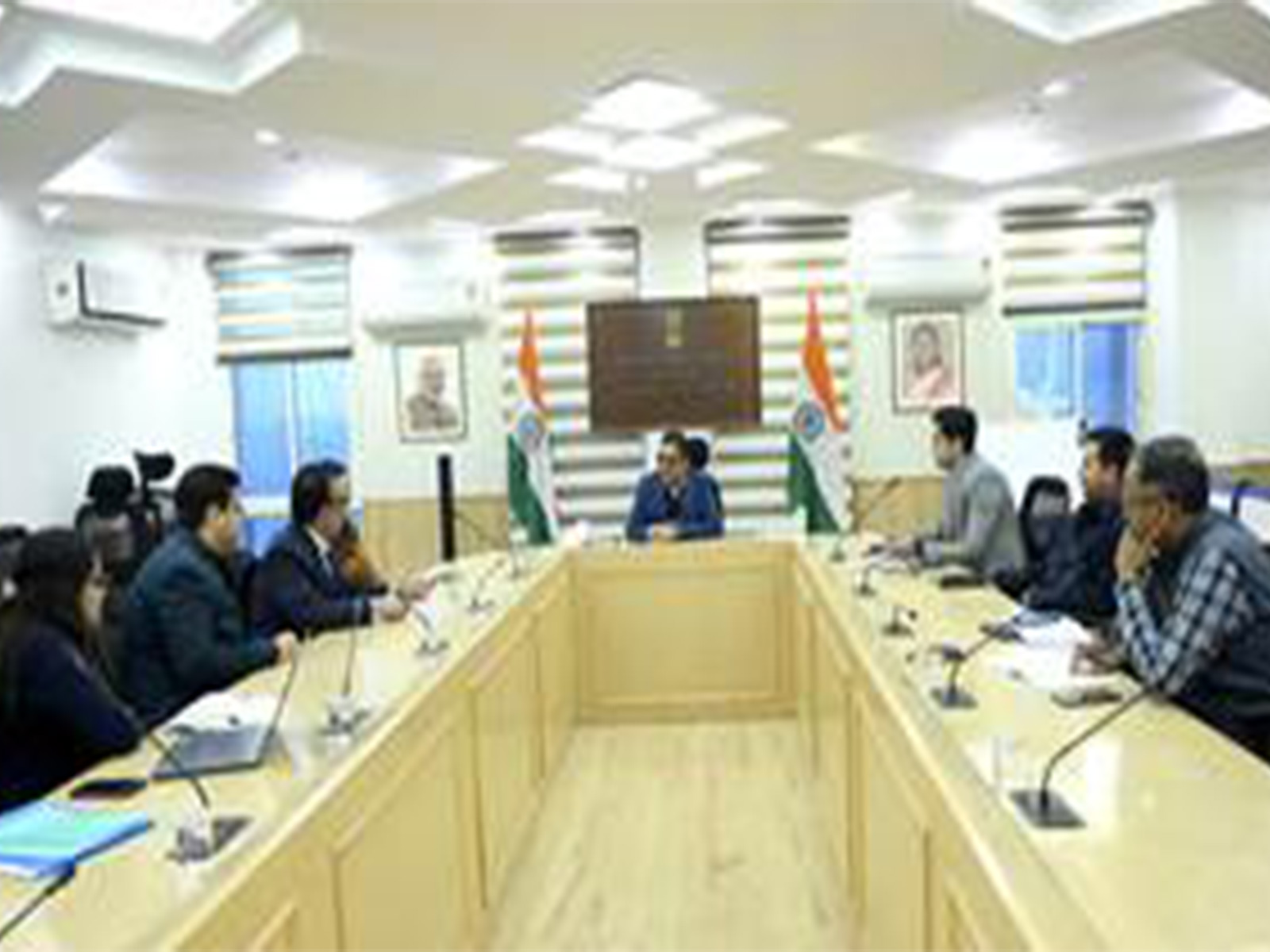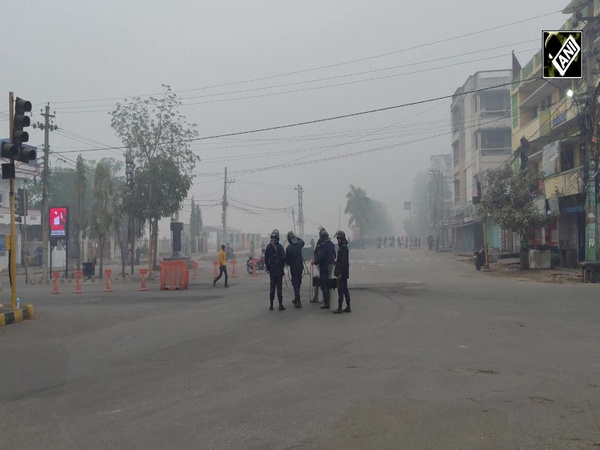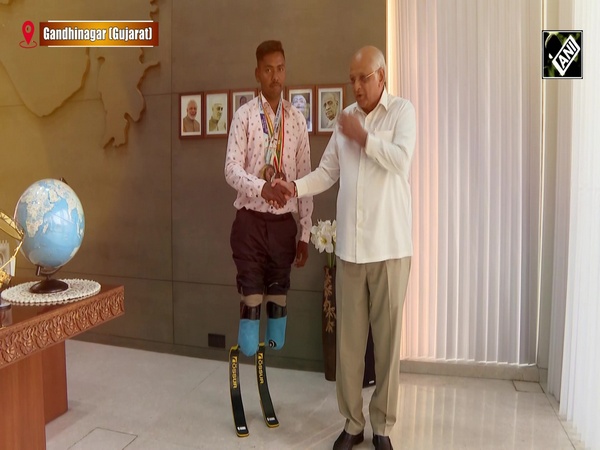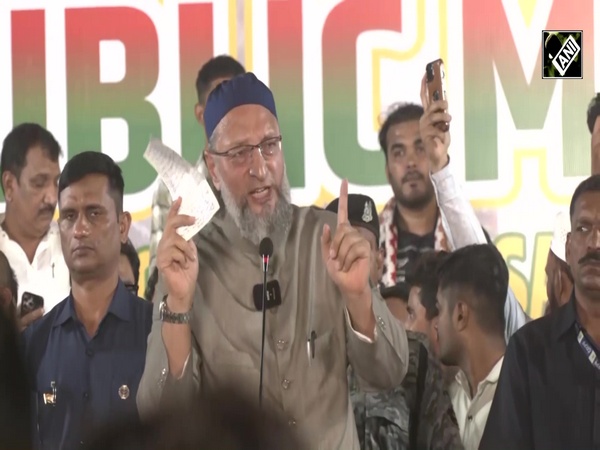Pakistan: Contaminated water linked to rising diarrhoea cases among children in Karachi
Sep 28, 2024

Karachi (Pakistan) September 28 : Amid the deteriorating health crisis in Pakistan, the residents of Karachi, the country's industrial hub, continue to face serious health risks from consuming contaminated water.
Notably, access to clean drinking water has been a fundamental human right by the World Health Organisation (WHO).
From February to April this year, the health department of Sindh province collected more than 50 water samples from different districts of the city for testing at the Karachi Water and Sewerage Board (KWSB) laboratory, The Express Tribune reported.
The test results revealed various contaminants, including pathogenic bacteria such as Vibrio cholerae, E. coli, and total coliforms. These have contributed to a recent diarrhoea outbreak, which has disproportionately affected children under five.
Noreen, a mother from Kemari, recounted how her 3-year-old son developed diarrhoea after drinking tap water. "When I took him to the nearest hospital, I was shocked to see the emergency room packed with many other children in the same situation," Noreen said.
Khalid Shafi, a paediatrician in Pakistan, told Dawn, "Nowadays, the diarrhoea epidemic is rampantly spreading among citizens, especially children, and the primary culprit is the consumption of contaminated food and water."
Further, the data provided by the Express Tribune revealed that the National Institute of Child Health (NICH) Hospital recorded at least 2,000 cases of diarrhoea among children each month. Additionally, the Civil Hospital's emergency department saw around 750 cases monthly, while nearly 800 more children reported similar issues at the outpatient department of Lyari General Hospital.
Mohsin Raza, General Secretary of the People's Labour Union, stated that waterborne diseases like diarrhoea are spreading in Karachi due to the negligence of KWSB officials, who are not ensuring proper water purification.
"The KWSB has nine filter plants, but only three are operational; the other six have been out of service for years," he said. "Furthermore, the chlorine that is added to the water for purification is 40 percent less than the ideal amount."
According to the Express Tribune report, Mohsin's revelations highlight an alarming situation in Pakistan, where, according to WHO reports, 60 per cent of child morbidity in the region is linked to waterborne diseases like diarrhoea, affecting nearly 6.4 million children each year. While children under five make up only about 15 per cent of Pakistan's population, they have the highest mortality rate from diarrhoea in Asia.
In response, officials from the Sindh Health Department stated that public hospitals in the province are managing all cases of diarrhoea to the "best of their capabilities."
Meanwhile, Intikhab Rajput, Chief Engineer at KWSB, dismissed the notion that insufficient chlorine is being added to the water. "Some filtration plants are damaged, and repairs are in progress. The other filtration plants are functioning properly," he asserted.



